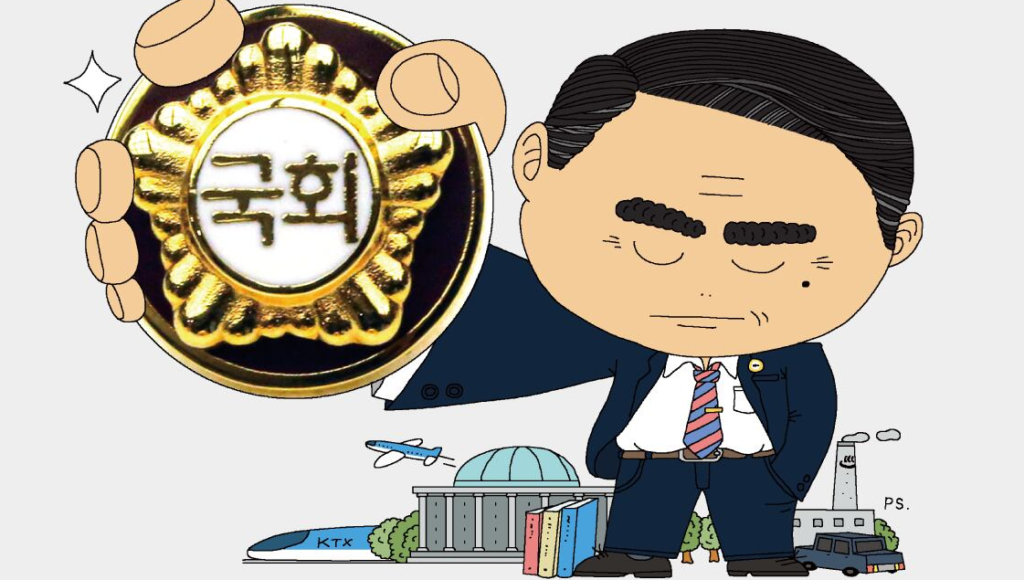
Americans and Germans chose firefighters. Koreans had a higher perception of having a decent job than other countries. According to the report titled “International Comparative Study on Occupational Awareness and Work Ethics” by the Korea Research Institute for Vocational Education and Training, Koreans chose lawmakers (4.16 points) as their first choice when evaluating the social status of 15 occupations out of five points. The researchers surveyed 1,500 people (a total of 7,500) who were employed between the ages of 18 and 64 in five countries in Korea, the U.S., Japan, Germany and China last year. Along with Korea, Japan and China also gave high marks to lawmakers for their social status. Japanese gave 3.59 points to lawmakers, while Chinese gave 4.22 points. Koreans ranked social status the most, followed by lawmakers, followed by pharmacists (3.83 points) and artificial intelligence experts (3.67 points). In the U.S. and Germany, firefighters topped the list. Americans gave 3.93 points to firefighters, while Germans gave 3.85 points. Lawmakers ranked 12th (3.37 points) in the U.S. and 10th (3.32 points) in Germany. In Korea, firefighters ranked 11th (3.08 points). Korea had the largest perception that it has jobs. The gap between the top social status (lawmakers with 4.16 points) and the 15th (construction workers with 1.86 points) was the highest among five countries with 2.3 points. Japan had the smallest gap of 0.93 points between No. 1 (lawmakers, 3.59 points) and No. 15 (restaurant employees, 2.66 points). China ranked first (lawmakers, 4.22 points) and 15th (construction workers, 2.54 points) with a gap of 1.68 points, Germany ranked first (firefighter, 3.85 points) with a gap of 1.07 points, and the U.S. ranked first (firefighter, 3.93 points) with a gap of 0.91 points, respectively. Lawmakers in Norway receive 1.22 times the GNI per person (as of 2022) and Sweden 1.37 times the minimum wage this year, 6.4 times the monthly wage. Vehicle maintenance, food, business trip support, legislation and policy development support, and assistant support are separate. Korea’s parliamentarians are paid 10th in total, and the world’s fifth largest in terms of average per capita income (GNI). In terms of purchasing power, they are second only to the U.S. The Norwegian parliamentarians receive 1.37 times the GNI per capita, while the Korean parliamentarians receive 3.4 times the GNI per person.An annual salary of 130 million won, a spacious office at the ministerial level, an aide who chooses as he pleases, overseas business trips treated like VIPs, immunity and non-arrest privileges…. They are representative “benefits” that lawmakers enjoy. The saying goes, “With a badge, 100 privileges will follow,” which makes it hard to fathom the direct and indirect support given to them.
JENNIFER KIM
US ASIA JOURNAL



